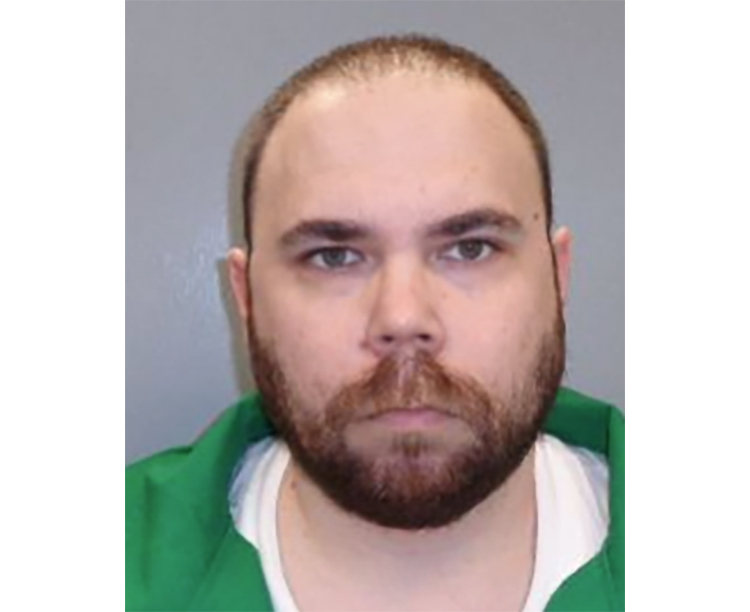A South Carolina man who pleaded guilty to three murders is to be put to death by firing squad on Friday, the third such execution in the southern US state this year.Stephen Bryant, 44, was convicted of killing three people during a 2004 crime spree, writing the message “catch me if u can” in the blood of one of his victims.Bryant is to be executed at 6:00 pm (2300 GMT) at a prison in the state capital Columbia.South Carolina has executed two convicted murderers by firing squad this year, the first such executions in the United States in 15 years.Since the US Supreme Court reinstated the death penalty in 1976, the vast majority of executions in the country have been conducted by lethal injection.A man convicted of raping and murdering a six-year-old girl was executed by lethal injection in Florida on Thursday. It was state’s 16th execution in 2025, the most in the nation.There have been five each in Alabama and Texas.According to the South Carolina Department of Corrections (SCDC), Bryant will be restrained in a metal chair with a hood over his head 15 feet (five meters) away from a wall with a rectangular opening.A three-person firing squad of SCDC volunteers will shoot through the opening.All three rifles will have live ammunition, and an “aim point” will be placed over the condemned man’s heart.There have been 42 executions in the United States this year, the most since 2012, when 43 inmates were put to death.Thirty-five of this year’s executions have been carried out by lethal injection, two by firing squad and five by nitrogen hypoxia, which involves pumping nitrogen gas into a face mask, causing the prisoner to suffocate.The use of nitrogen gas as a method of capital punishment has been denounced by United Nations experts as cruel and inhumane.The death penalty has been abolished in 23 of the 50 US states, while three others — California, Oregon and Pennsylvania — have moratoriums in place.President Donald Trump is a proponent of capital punishment and, on his first day in office, called for an expansion of its use “for the vilest crimes.”
A South Carolina man who pleaded guilty to three murders is to be put to death by firing squad on Friday, the third such execution in the southern US state this year.Stephen Bryant, 44, was convicted of killing three people during a 2004 crime spree, writing the message “catch me if u can” in the blood of one of his victims.Bryant is to be executed at 6:00 pm (2300 GMT) at a prison in the state capital Columbia.South Carolina has executed two convicted murderers by firing squad this year, the first such executions in the United States in 15 years.Since the US Supreme Court reinstated the death penalty in 1976, the vast majority of executions in the country have been conducted by lethal injection.A man convicted of raping and murdering a six-year-old girl was executed by lethal injection in Florida on Thursday. It was state’s 16th execution in 2025, the most in the nation.There have been five each in Alabama and Texas.According to the South Carolina Department of Corrections (SCDC), Bryant will be restrained in a metal chair with a hood over his head 15 feet (five meters) away from a wall with a rectangular opening.A three-person firing squad of SCDC volunteers will shoot through the opening.All three rifles will have live ammunition, and an “aim point” will be placed over the condemned man’s heart.There have been 42 executions in the United States this year, the most since 2012, when 43 inmates were put to death.Thirty-five of this year’s executions have been carried out by lethal injection, two by firing squad and five by nitrogen hypoxia, which involves pumping nitrogen gas into a face mask, causing the prisoner to suffocate.The use of nitrogen gas as a method of capital punishment has been denounced by United Nations experts as cruel and inhumane.The death penalty has been abolished in 23 of the 50 US states, while three others — California, Oregon and Pennsylvania — have moratoriums in place.President Donald Trump is a proponent of capital punishment and, on his first day in office, called for an expansion of its use “for the vilest crimes.”
